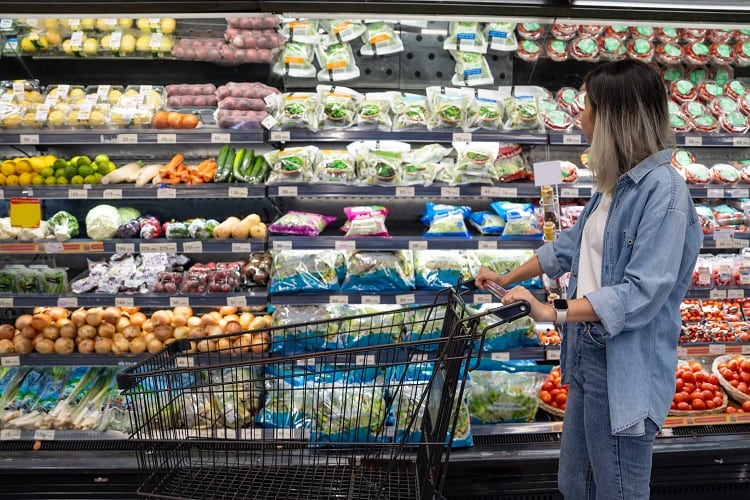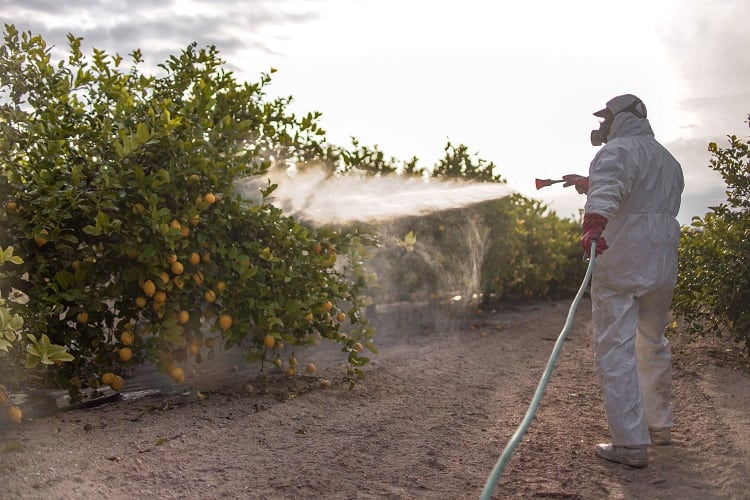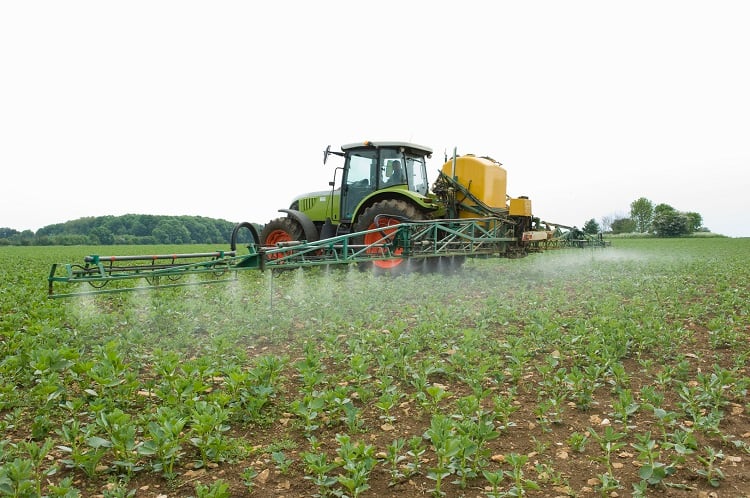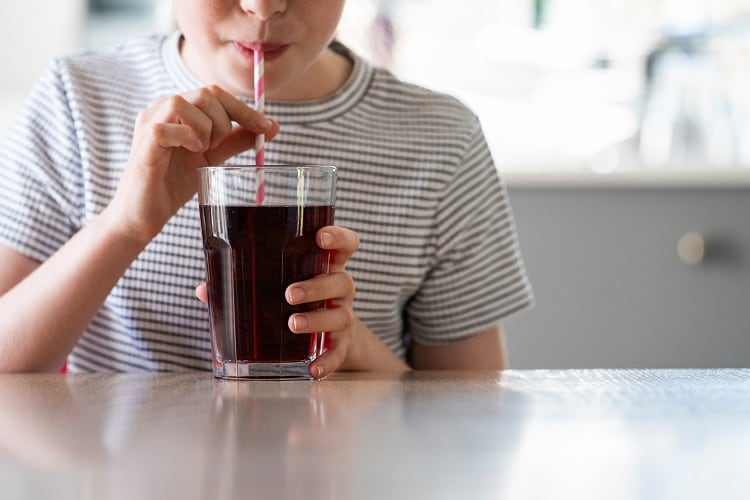Research has found foods such as fresh fruits and vegetables are increasingly contaminated with PFAS. But how have they found their way into foods? And are they harmful to consumers?
What are PFAS?
PFAS (per-and polyfluoroalkyl substances), also known as forever chemicals, are a category of chemicals used to repel oil and water, and resist heat. They've taken their name from the fact that they do not degrade in the environment and can exist for thousands of years.
PFAS are used in the production of a range of everyday products including non-stick cookware and food packaging. However, they have also been found in a number of food products, including fresh fruits and vegetables, sparking serious food safety concerns.
Why are there PFAS in foods?
The European Commission has said that the “widespread use of PFAS, together with their persistency in the environment has resulted in a widespread environmental contamination. Contamination of food with these substances is mainly the result of bioaccumulation in aquatic and terrestrial food chains and also the use of PFASs-containing food contact materials is likely to contribute to human exposure to PFASs.”
PFAS have found their way into foods in a number of ways. The first, and arguably most direct of these ways, being through the use of pesticides on crops.
According to Pesticide Action Network Europe (PAN Europe), “the number of European fruits and vegetables with detected PFAS pesticide residues has nearly tripled between 2011 and 2021, with a growth rate of 220% for fruit and of 274% for vegetables. In some of the EU Member States studied individually, the growth rate has been even more dramatic: Austria (+698% for fruit, +3277% for vegetables) and Greece (+696% in fruit, +1974% in vegetables).”
Furthermore, PAN Europe found that in 2021, the EU Member States producing fruits and vegetables most frequently contaminated with PFAS pesticide residues were the Netherlands (27%), Belgium (27%), Austria (25%), Spain (22%) and Portugal (21%). The most often detected PFAS active substances in contaminated European-grown products were the fungicide fluopyram, the insecticide flonicamid and the fungicide trifloxystrobin.
Among imported fruits and vegetables, those most likely to contain residues of PFAS pesticides came from Costa Rica (41%), India (38%), South Africa (28%), Colombia (26%) and Morocco (24%).
As well as directly impacting humans by being present in foods, pesticides further affect humans and the environment through use in non-agricultural settings. The European Environment Agency notes that pesticides are used in forestry, along roads and railways, and in urban areas such as public parks, playgrounds or gardens.
“Some of these areas, especially urban green spaces, are widely used by the public — particularly by children and the elderly, whose health is more sensitive to pesticides,” said a spokesperson for the European Environment Agency. “The risks pesticides pose to human health and ecosystems depend not only on the intrinsic properties of their components (e.g. active substances, co-formulants, adjuvants), but also on how they are used — including application frequency, volumes and method, and crop and soil type.”

Another way in which PFAS are making their way into foods is through food packaging. According to the charity, CHEM Trust, PFAS chemicals are used in a variety of products, including food packaging, due to their ability to repel both grease and water.
“In Europe alone, some 8,000 chemicals can be used in food packaging and other food contact materials (such as cookware, cutlery, or pipes used in food production). Many of these chemicals have been associated with harmful impacts on our health and can pollute our environment,” said a spokesperson for CHEM Trust.
As a result of this, a number of organisations, including CHEM Trust are calling for a ban on PFAS.
European consumer group BEUC is urging for a ban on PFAS in food packaging to be adopted “as quickly as possible” after a new compilation of recent product tests by its members found that everyday consumer products including food packaging are “awash with harmful chemicals”.
Water is another source of PFAS and is cause for particular concern. A cross-border and cross-field investigation carried out by environmental group, The Forever Pollution Project, found that nearly 23,000 sites across Europe are contaminated with PFAS.
According to the Drinking Water Inspectorate, an independent body monitoring the safety of water supplies in England and Wales, “PFAS may have entered the water environment due to historical and/or current industrial practices that produce products for all areas of modern society.”
The dangers of PFAS
PFAS have been linked to a number of health problems, including increased cancer risk, thyroid disease, liver damage and fertility issues.
The European Commission has said that PFAS, “can cause many serious illnesses and the related societal and economic costs are high.”
The Commission is therefore proposing a comprehensive set of actions to address the use of PFAS and address the existing contamination across Europe.
“These actions aim to ensure, in particular, that the use of PFAS is phased out in the EU, unless it is proven essential for society,” said a spokesperson for the European Commission.
But environmentalists believe more needs to be done to address the problem of PFAS.
“This group of complex chemicals impacts so many areas of our society,” Stephanie Metzger, environmental policy advisor at the Royal Society of Chemistry told FoodNavigator. “We believe that more research into PFAS exposure through food is urgently needed if officials are to make informed decisions on managing risk and providing the public with suitable advice.”





